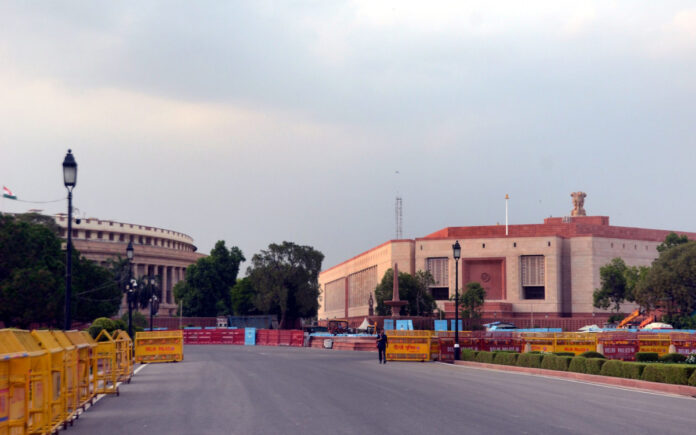New Delhi: The Financial Action Task Force (FATF), an international body focused on anti-money laundering, has advised India to enhance its scrutiny of bank accounts held by local politicians, government officials, and their families, according to two sources familiar with the matter.
This recommendation is part of the FATF’s ongoing review of India’s anti-money laundering framework, which commenced in 2023. The final report from the FATF is expected to be released soon.
Global regulations require heightened oversight of the financial activities of politically exposed persons (PEPs) due to their increased risk of bribery and corruption. The FATF’s report to the Indian government suggests implementing stricter monitoring of the sources of funds in the accounts of domestic PEPs and mandates that senior bank managers approve any new accounts for them or their families.
While India already enforces stringent checks on foreign political figures, the FATF’s latest recommendations aim to bolster similar measures for domestic politicians.
Sources briefed on the FATF’s recommendations, who requested anonymity due to their non-disclosure agreements, indicated that the FATF did not respond to requests for comment.
A senior finance ministry official acknowledged the need for improvement, stating, “There are areas where we need to improve which we will.”
Also Read | Trump and Harris to Debate on ABC; Trump Proposes Additional Debates
In December, prior to the general elections that secured Prime Minister Narendra Modi’s re-election, the Indian government informed Parliament that it would not impose stricter banking scrutiny on domestic political figures until the FATF’s final report was available.
The FATF’s June assessment found that India has achieved a high level of compliance with anti-money laundering laws. The government has five years to implement the recommended banking rules before the next review, according to one of the sources.
Also Read | Eastern Europe’s Military Faces Recruitment Crisis Amid Rising Tensions
India was rated as “compliant” or “largely compliant” on 37 out of 40 parameters for anti-money laundering enforcement. The three areas with partial compliance include the scrutiny of domestic political figures’ bank accounts and the oversight of non-profit organizations and non-financial businesses and professionals.
In June, the Indian government praised the FATF’s evaluation as an “outstanding outcome” but did not disclose specific details. The interim report, discussed at the FATF’s June meeting in Singapore, also recommended that India expedite the prosecution of money laundering and terrorist financing cases while ensuring fair treatment for non-profit organizations.



